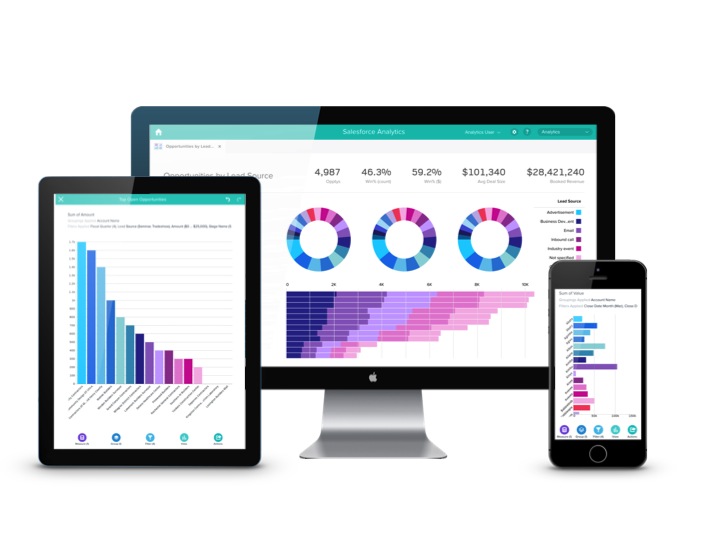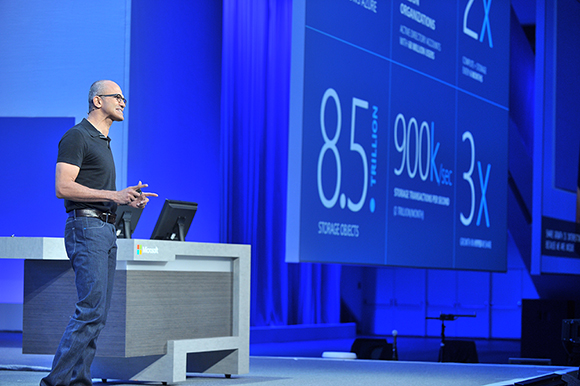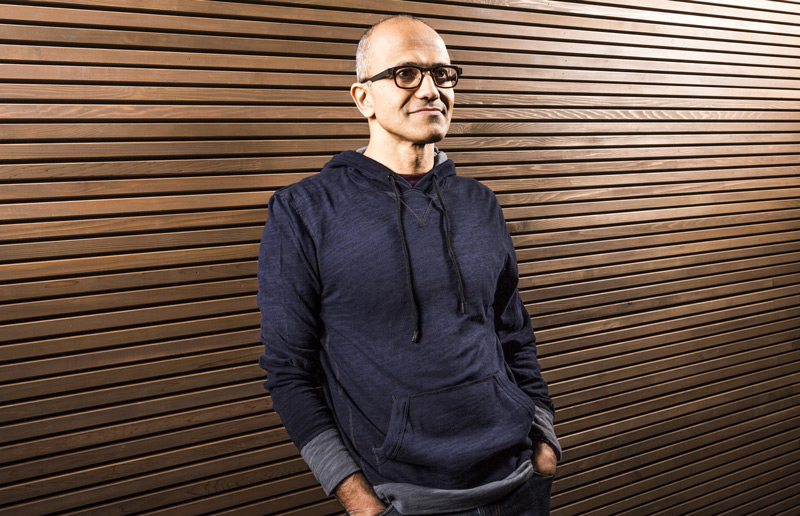Today social media analytics startup Vintank announced their acquisition by the W2O Group, a network of data driven marketing and communications firms.
W2O’s acquisition shows how data analytics and visualisation is increasingly an important tool for management in a world where businesses are drowning in information.
Last year Vintank co-founder Paul Mabray spoke to Decoding the New Economy about the company and how social media data is a valuable tool for the wine industry.
“The wine industry is last industry to have been changed by internet,” Mabray says. One reason for this in his view is how that the sector hasn’t had a disruptive startup like Yelp or Open Table to drive change and upset incumbents.
Despite the wine industry’s reluctance to adopt digital technologies, social media and the disruption of established media channels is having a profound effect on the sector’s marketing and sales.
“In the old days there was a playbook originating with Robert Mondavi in the 1970s which is create amazing wine, you get amazing reviews and you go find wholesalers who bring this wine to the market,” Mabray told Decoding the New Economy during a visit to Australia in 2014.
Dealing with global proliferation
Mabray also flags the massive growth in the wine industry as being one of Vintank’s driving forces, “the global proliferation of brands the increase of awareness and consumption patterns where people like wine more, those playbooks didn’t work in 2009 when the crisis started.”
A proliferation of new competitors coupled with disrupted communications channels isn’t unique to the wine industry, the attraction Vintank has to the w2O Group’s president Bob Pearson; “VinTank provides us with a way to create agile audience engines for a brand, where we can learn what an audience is doing online, understand what content they like.”
For many businesses social media is a both an opportunity and a mystery; while customers are telling the world what they’re buying through services like Facebook and Twitter capturing, managing and using that information remains a challenge.
Panning for digital gold
As Robyn Lewis of Visit Vineyards whose database holds details on over 30,000 Australian wineries and associated tourism business says, “the gold is in the data.”
Panning for that gold is Emma LoRusso of Sydney social analytics startup Digivizer who told Decoding The New Economy two years ago “the truth is in data”. Services like Vintank, Salesforce’s Radian6, Klout and startups like Digivizer attempt to add context to that data.
Another aspect of Vintank’s technology is the ‘geofencing’ of information, creating a virtual geographic perimeter so only data relevant in that region is flagged. As well as reducing noise, this increases the value to local wineries and tourist operations.
In some respects the geofencing is possibly the most powerful part of services like Vintank as it allows regional operators to focus on visitors and customers to their districts rather than worrying about national or global activity.
W2O’s acquisition gives Vintank access to a broader market outside the wine industry as well as deeper data analytics capabilities. For W20 the purchase adds to the social media tools the company can offer.
Data driven business
The Vintank deal with W2O shows how the marketing and advertising industries are increasingly becoming data driven. For other business functions this is true as well.
For businesses of all types, understanding the data pouring into their companies is going to be the difference between success and failure in an increasingly digital world. Providing those tools to do so is one of the great opportunities in today’s economy.




